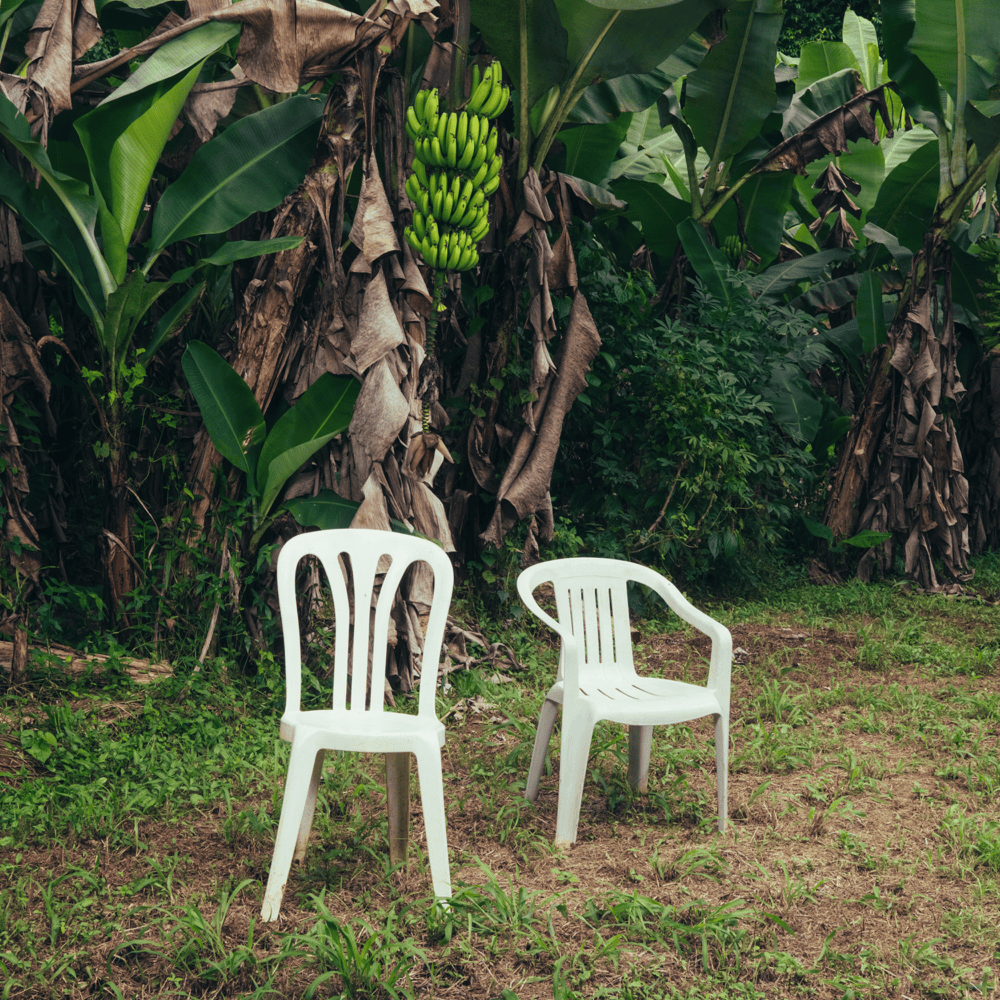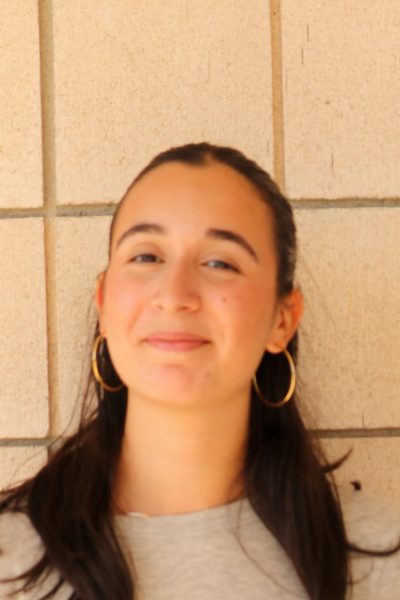Bad Bunny’s latest album, Debí Tirar Más Fotos, is more than just a collection of songs; it’s a declaration of identity, a love letter to Puerto Rico, and a bold stand against the forces of gentrification threatening his homeland. Through the album and its accompanying short film, the global superstar returns to his roots, reminding the world of the cultural richness and resilience of Puerto Rico.
One of the most striking aspects of Debí Tirar Más Fotos is the sound itself. While Bad Bunny has always been known for pushing the boundaries of reggaetón and Latin trap, this album embraces more traditional Puerto Rican sounds. Tracks like “Calle Sin Luz” and “Bomba en la Esquina” incorporate genres such as bomba and plena, traditional Afro-Caribbean rhythms that are foundational to Puerto Rico’s musical heritage. In his recent interview with The New York Times, Bad Bunny spoke about his decision to include these elements, saying, “Our music is our history. To know where we’re going, we have to understand where we came from.” This sentiment resonates throughout the album, where every beat feels like a step back to the island’s roots while moving its culture forward on the global stage.
The accompanying short film for Debí Tirar Más Fotos, co-directed by Bad Bunny and Arí Maniel Cruz Suárez, deepens the album’s themes. The film stars iconic Puerto Rican filmmaker Jacobo Morales as a man reflecting on his life in his homeland, sharing cherished photographs with a frog voiced by Kenneth Canales. This poignant visual narrative underscores the importance of memory and cultural preservation. Through the metaphor of photographs, Bad Bunny captures the fragility of Puerto Rican identity in the face of external pressures.
At the heart of the film is a sobering exploration of gentrification, centered on a beloved Puerto Rican restaurant. The storyline highlights how gentrification displaces locals and erases cultural landmarks, with the transformation of the restaurant from a lively community space into a sterile, upscale establishment serving as a microcosm of the broader issue. The juxtaposition of these scenes underscores the tangible and emotional toll of losing spaces that hold deep cultural significance.
The film’s dialogue, much like the album’s lyrics, doesn’t shy away from calling out systemic issues. A particularly resonant line from the film laments, “They take our homes, our streets, and even our flavors. What will we have left?” This sentiment encapsulates Bad Bunny’s broader critique of how colonial legacies and economic pressures continue to exploit Puerto Rico.
What sets Debí Tirar Más Fotos apart from Bad Bunny’s previous work is its unapologetic celebration of Puerto Rican identity. While past albums showcased his versatility as an artist and his ability to dominate global charts, this one feels more personal, almost like a manifesto. It’s as if Bad Bunny is saying: “This is who we are, and this is what we’re fighting to preserve.”
The album’s title, translating to “I Should Have Taken More Photos,” carries a bittersweet weight. It’s a nod to the nostalgia and longing many diasporic and displaced Puerto Ricans feel, as well as a call to action to cherish and document their culture before it’s altered beyond recognition.
Pitchfork’s review of the album highlighted the collaborations that further ground the work in Puerto Rican culture, including tracks with Rainao, Pleneros de la Cresta, and other artists deeply rooted in the island’s musical traditions. These partnerships add layers of authenticity and richness to an already deeply personal project.
By creating art that is so deeply tied to his roots, Bad Bunny is not just making music; he’s making a statement. He’s reminding the world that Puerto Rico is more than a vacation destination. It’s a vibrant, complex place with a history and culture worth protecting. As he told The New York Times, “Puerto Rico is my home. Everything I do is for my people.”
Debí Tirar Más Fotos isn’t just an album—it’s a movement. It’s an invitation to dance, to reflect, and to resist. And in a world where cultural erasure feels all too common, Bad Bunny’s work serves as a powerful reminder of the importance of staying rooted while striving for change.



